Keeping Your Infant Safe This Summer: A Parent’s Guide
/Summer brings sunshine, fresh air, and outdoor adventures—but for parents of infants, it also brings a unique set of safety challenges. Babies are more vulnerable to heat, sun, dehydration, and environmental hazards, so it's essential to know how to protect your little one during the warmer months.
At Delta Emergency Support Training, we support families and caregivers through Red Cross first aid training. Below are essential summer safety tips for infants, based on Canadian Red Cross recommendations and best practices for infant care.
☀️ 1. Sun Safety: Babies Burn Faster
Infants under six months should be kept out of direct sunlight as much as possible. Their skin is too sensitive for sunscreen and can burn quickly—even on cloudy days.
Red Cross-Recommended Tips:
Seek shade whenever possible: under trees, umbrellas, or stroller canopies.
Dress babies in lightweight, long-sleeved clothing with a wide-brimmed hat.
Avoid peak sun hours between 11 a.m. and 3 p.m.
For babies over six months, apply a broad-spectrum, baby-safe sunscreen to small exposed areas (like face and hands).
💧 2. Hydration: Watch for Signs of Dehydration
Babies can’t tell you when they’re thirsty—and because they have a higher surface area-to-body-weight ratio, they’re more prone to dehydration and heat exhaustion.
Tips to Keep Them Hydrated:
Breastfeed or bottle-feed more frequently in hot weather.
Watch for signs of dehydration: fewer wet diapers, dark yellow urine, dry lips, or lethargy.
Never give water to babies under 6 months unless advised by your healthcare provider.
🌡️ 3. Heat Protection: Prevent Overheating
A baby’s body isn’t as efficient at regulating temperature, so they can overheat quickly in hot environments—even indoors.
How to Keep Baby Cool:
Dress your baby in light cotton clothing.
Use fans or air conditioning to keep the indoor space between 20–22°C.
Avoid using heavy blankets during naps or bedtime.
Never leave your baby in a parked car, not even for a minute. Temperatures rise quickly and can be fatal.
💦 4. Water Safety: Stay Close, Stay Safe
Infants should never be left unattended near water, even for a second. This includes pools, bathtubs, splash pads, or buckets.
Red Cross Water Safety Advice:
Always use designated infant floatation devices with supervision.
Be within arm’s reach of your baby in or near water.
Empty any buckets or containers with standing water after use.
Enroll in Red Cross Baby & Me water orientation classes to introduce water safely.
🦟 5. Bug Bites and Allergies: Watch for Reactions
Mosquitoes, bees, and other summer bugs can pose a danger to babies—especially if they have allergic reactions.
Tips for Protection:
Use mosquito netting over strollers and carriers.
Avoid using chemical insect repellents on infants under 6 months.
Keep baby away from flowering plants, standing water, or places with lots of insects.
If a bite causes swelling, trouble breathing, or hives, seek emergency medical help immediately.
🧳 6. Travel and Outdoor Time: Be Prepared
Whether you’re headed to a picnic, hike, or road trip, bring a baby-focused emergency kit with:
Diapers and wipes
Extra clothing
Infant-safe sunscreen (6+ months)
Cold packs and a thermometer
Emergency contact info
A small Red Cross-approved first aid kit
❤️ 7. Know Infant First Aid
Emergencies can happen. Being trained in infant CPR and first aid can give you the confidence to act quickly and correctly.
🔴 At Delta Emergency Support Training:
We offer Red Cross Standard First Aid and CPR courses that include modules on infant and child care, covering topics like:
Choking and CPR
Allergic reactions
Heat-related emergencies
Recognizing serious symptoms
These skills are lifesaving and empowering for any parent or caregiver.
Final Takeaway
Summer should be a time of joy and bonding—not stress and emergency. By planning ahead and understanding how to protect your infant from seasonal hazards, you can enjoy the season with peace of mind.
Be prepared. Be informed. Be confident.
Take a Red Cross-certified first aid course with Delta Emergency Support Training and make summer safer for your family.



